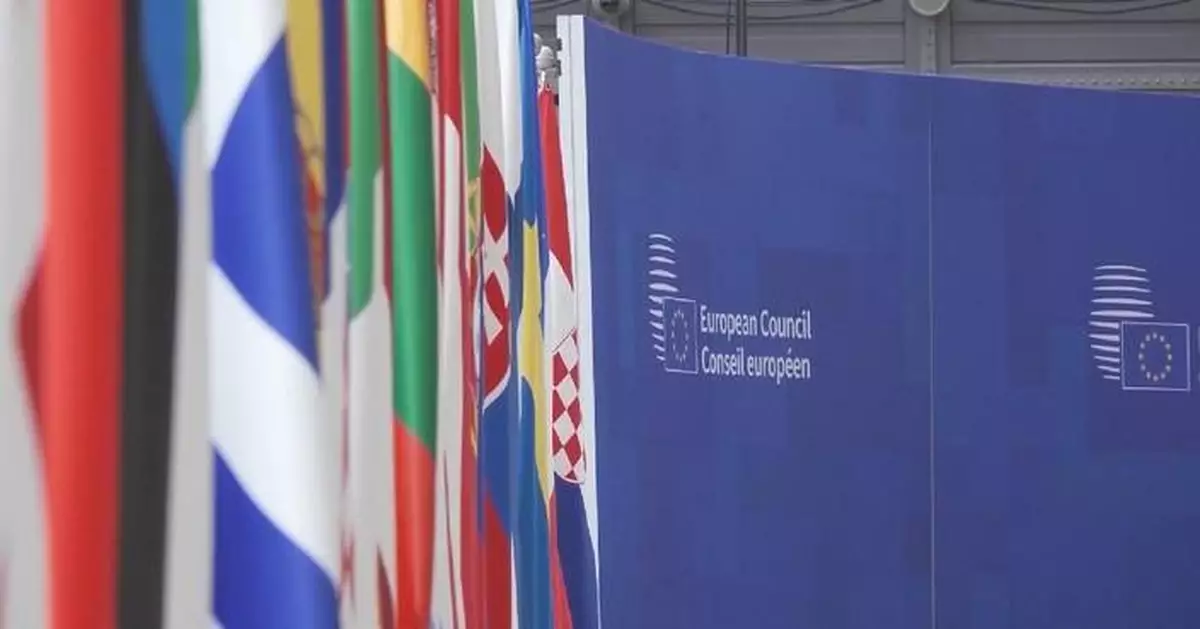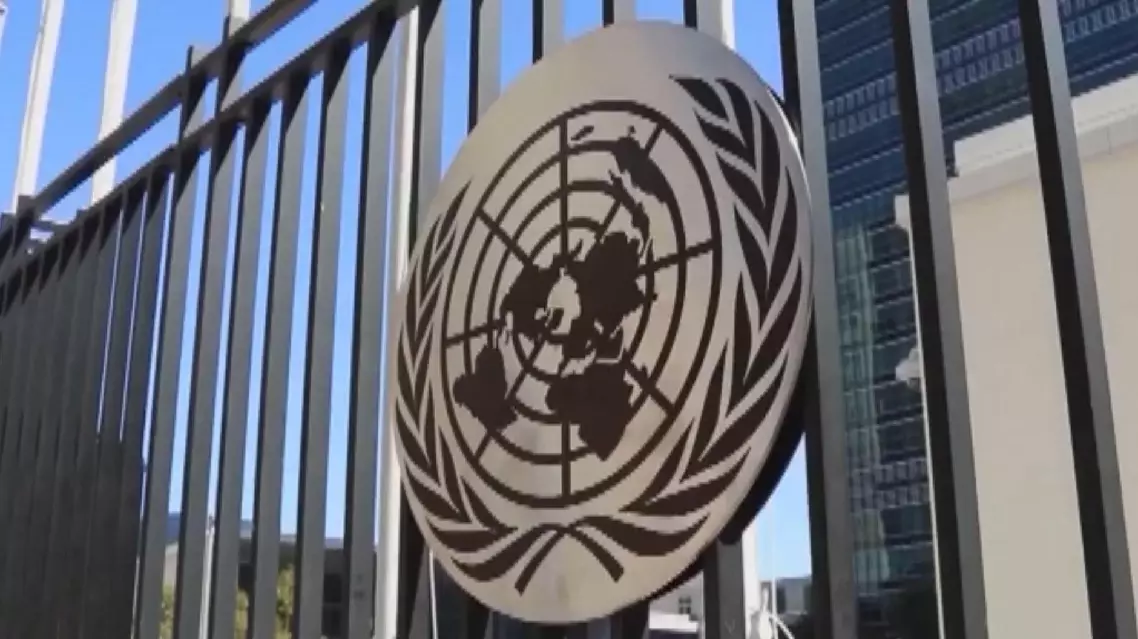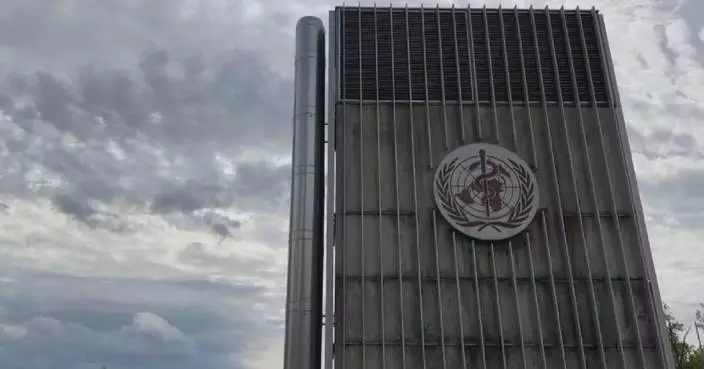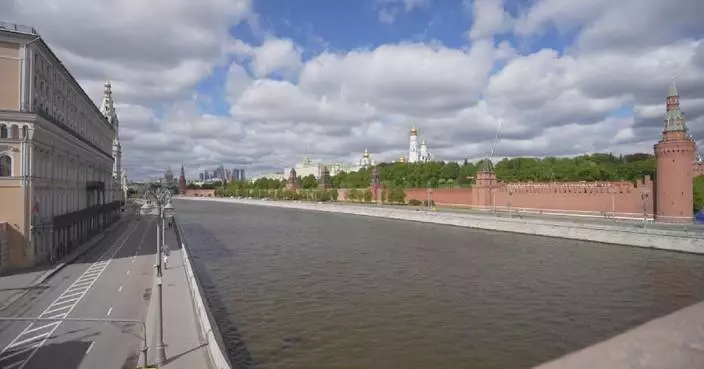The shift in the U.S. policy toward Europe is forcing the latter to become more open and flexible, said a French politician.
The traditional transatlantic partnership between Europe and the United States has been put to the test since the new U.S. administration took office at the beginning of the year.
On the political front, in February this year, U.S. Vice President JD Vance delivered a speech at the Munich Security Conference, criticizing Europe for straying from its "core values," which provoked significant emotional reactions among Europeans.
Economically, the U.S. has imposed tariffs on EU products such as steel, aluminum, and automobiles this year.
Militarily, the White House continues to pressure NATO European allies to increase defense spending and purchase American weapons.
The policies of the Trump administration hit Europe hard, said Yves Pozzo di Borgo, a former French senator, recently while he was in Beijing attending the preparatory meeting for the 2025 International Symposium on the Peaceful Use of Space Technology - Health.
"The United States and Europe have a long-standing relationship. After World War II, the U.S. helped rescue Europe from economic difficulties, which led to Europe becoming dependent on America for a long time. The policies of the Trump administration hit Europe hard, as if a father were telling his child, 'Listen, now that you're grown up, you can take care of things on your own!' This was indeed a wake-up call for Europe, which is now realizing it needs to open up to other countries. This is also the work my research institute is focused on—building a new world order. Europe must find a way to engage with BRICS countries, China, and others while still maintaining its special relationship with the United States," said Borgo.
Besides imposing tariffs on steel, aluminum, and automotive products, the U.S. has threatened to impose "reciprocal tariffs" on EU goods. In response, the EU has prepared a broad list of counter-tariffs targeting U.S. goods, including soybeans, poultry, fruits, timber, and textiles.
According to Borgo, the traditional Western mindset of hegemony is outdated and China should not be seen as a so-called "threat."
"We need to recognize that the global landscape has changed. China is now a major power, and its role is crucial. Additionally, China is a permanent member of the United Nations Security Council. I believe the relationship between China, the European Union, and the United States will be completely reshaped. For a long time, people have lived in a world dominated by U.S. control, but now the U.S. has weakened. Europe, which has been closely aligned with the U.S., is starting to realize that it isn't as independent as it needs to be in certain situations. Meanwhile, the rise of China and the BRICS countries continues, while Europe and Western nations still try to dominate the world, believing they are its masters," said Borgo.
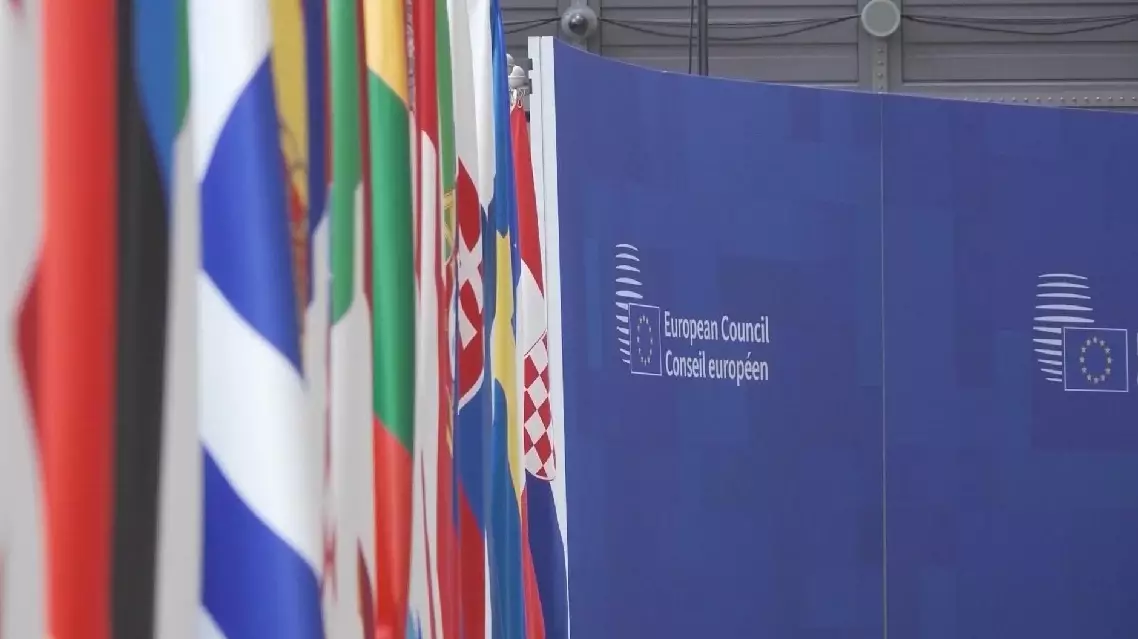
US policies force Europe to open up: French politician


